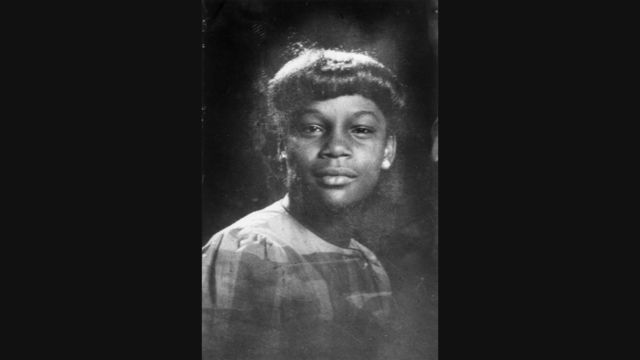
Latasha Harlins: The Victimization of Black Girls
- This is a past program
In 1991, Latasha Harlins, a 15-year-old African American girl, was shot in the head and killed at her local L.A. grocery store. Her death, which happened just 13 days after the Rodney King beating, garnered little lasting attention. Black girls continue to be the targets of widespread violence with minimal accountability systems in place.
UCLA historian Brenda Stevenson, Loyola Law School Associate Professor Priscilla Ocen, and UCLA legal scholar Kimberlé Crenshaw discuss how this case illuminates the vulnerability of black girls and how communities can serve and protect them. Moderated by Laura Flanders.
Followed by coffee and tea.
This program is part of the Hammer's Bureau of Feminism initiative.
Her Dream Deferred
Copresented with the African American Policy Forum
Black women and girls have continually been on the front lines of progressive change movements, using their voices and stories to mobilize intersectional coalitions to dismantle oppressive systems. To celebrate these women, the African American Policy Forum, in partnership with the Hammer Museum, presents the third annual Her Dream Deferred, a series offering substantive analysis on the status of black women and girls in the United States and exploring multifaceted solutions to social injustice. Organized by Kimberlé Crenshaw, Columbia University and UCLA law professor.
For more information and additional events visit aapf.org and follow #HerDreamDeferred.
All Hammer public programs are free and made possible by a major gift from an anonymous donor.
Generous support is also provided by Susan Bay Nimoy and Leonard Nimoy, Good Works Foundation and Laura Donnelley, an anonymous donor, The Samuel Goldwyn Foundation, and all Hammer members.
The Hammer’s digital presentation of its public programs is made possible by the Billy and Audrey L. Wilder Foundation.





